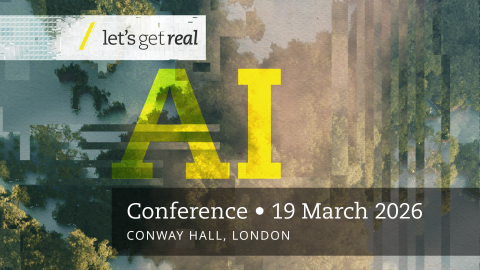
Let's Get Real Conference 2026: AI
Thursday 19 March 2026 : 9:45 am - 5:00 pm
A day of honest reflection, critique, provocation and creative thinking.
Book now for our Let's Get Real Conference 2026: AI
Exploring issues and opportunities around AI in a supported, playful and collaborative environment.
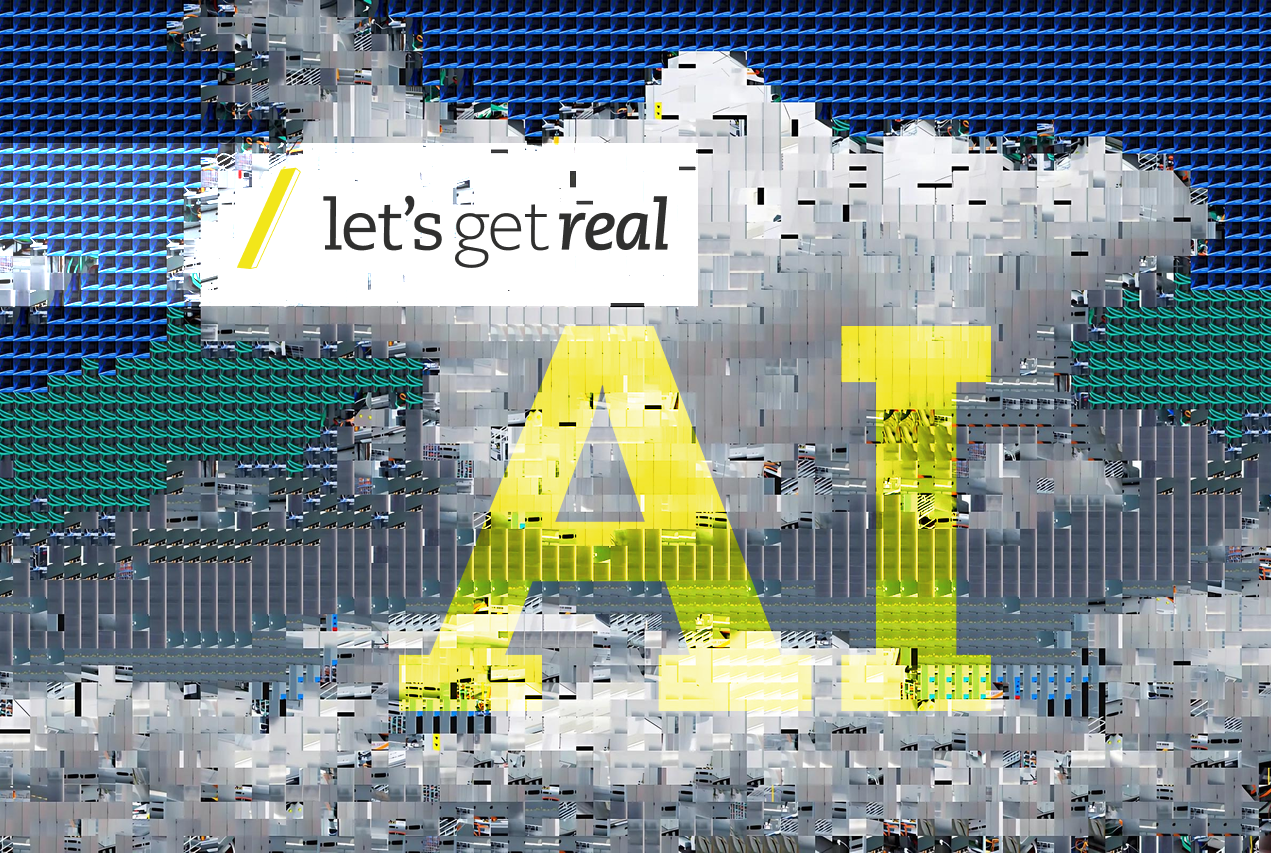
It was 2011 when we ran the first LGR collaborative action research programme. Since then, 150 organisations have taken part across 11 cohorts. 28% have taken part in more than one cohort and 12% three or more times including V&A, Wellcome Collection, Royal Shakespeare Company, National Trust, National Museums Scotland and Bristol Culture.
Across those 11 cohorts, the speed of technological change has not slowed and even those of us who feel digitally confident are struggling to know what AI means for the cultural sector, in practice and strategically.
For this phase, which started in April 2025, we focus on AI by exploring tools, use cases, governance and strategy, all in the context of what it means to be a cultural organisation trying to get the best from technology. We are exploring AI and the culture sector with playfulness, vulnerability and in ways that offer genuine room for innovation. By taking part in the programme, organisations are supported on a jouney of positive change and transformation.
This is the twelfth Let’s Get Real and we are working with 14 forward thinking organisations to grow their digital confidence, skills and literacy through a process of collaborative action research.
The project will:
Start with a guided look at areas where AI is already embedded in daily life, including common digital tools and societal domains such as healthcare, education and data analysis
Explore AI foundations and ethics and ways to develop the confidence to critique AI and be in those conversations
Consider our emotional responses towards AI and how these might inform our learning and application of related technologies
Present a series of current, relevant use cases for AI in cultural sector contexts
Share insights from other AI-related research and activity within the cultural sector
Support participants in carrying out practical experimentation with an AI tool in their own settings – something they choose that aligns with their purpose, activity and workflows
Support participants to explore and adapt existing AI policy templates and toolkits that offer guidance around governance and strategy, for use in their context
Have a look at the report from our 2024 cohort: Let's Get Real: Using digital to add value
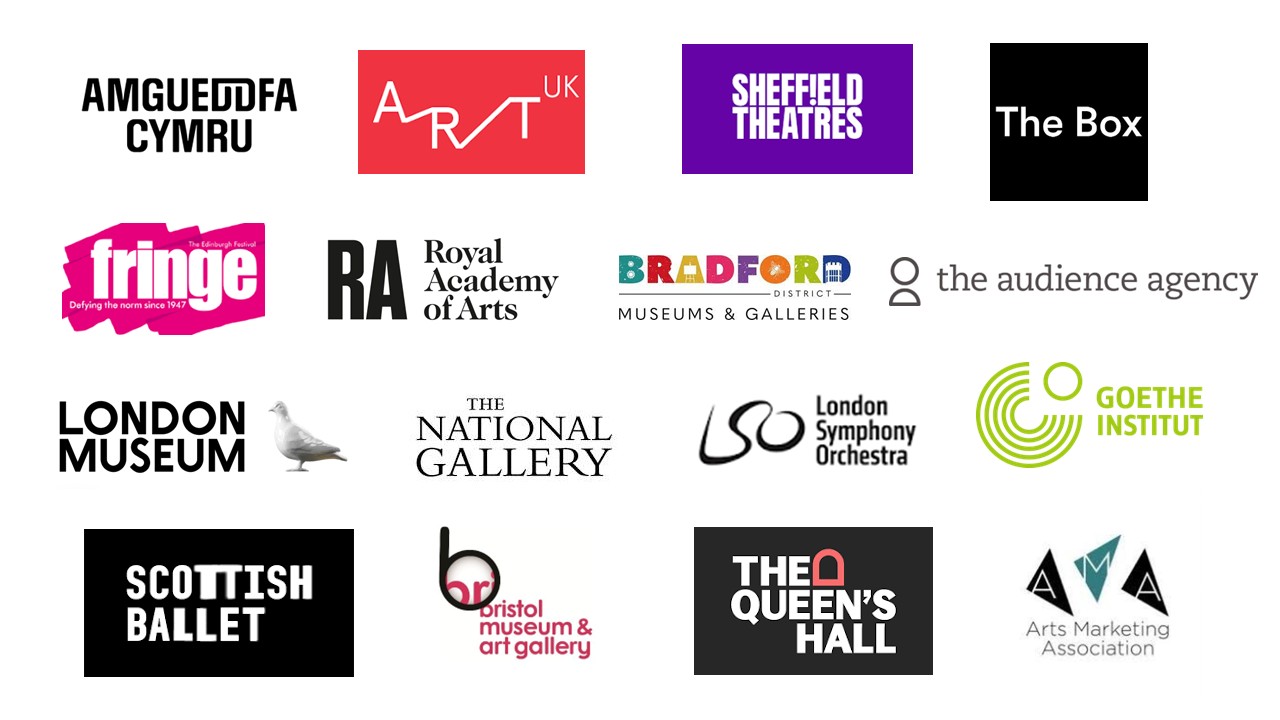
Supporting experiments using AI requires high levels of technical skill and digital literacy. For this cohort we are partnering with Jocelyn Burnham, one of the UK's leading independent artificial intelligence consultants, trainers, and speakers, specialising in AI innovation through creativity and playfulness.
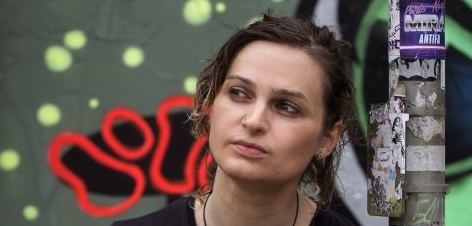
To support the cohort in thinking about governance and policy issues around AI we are working with AMA and tapping into their existing work in this area. AMA are sponsoring this cohort.
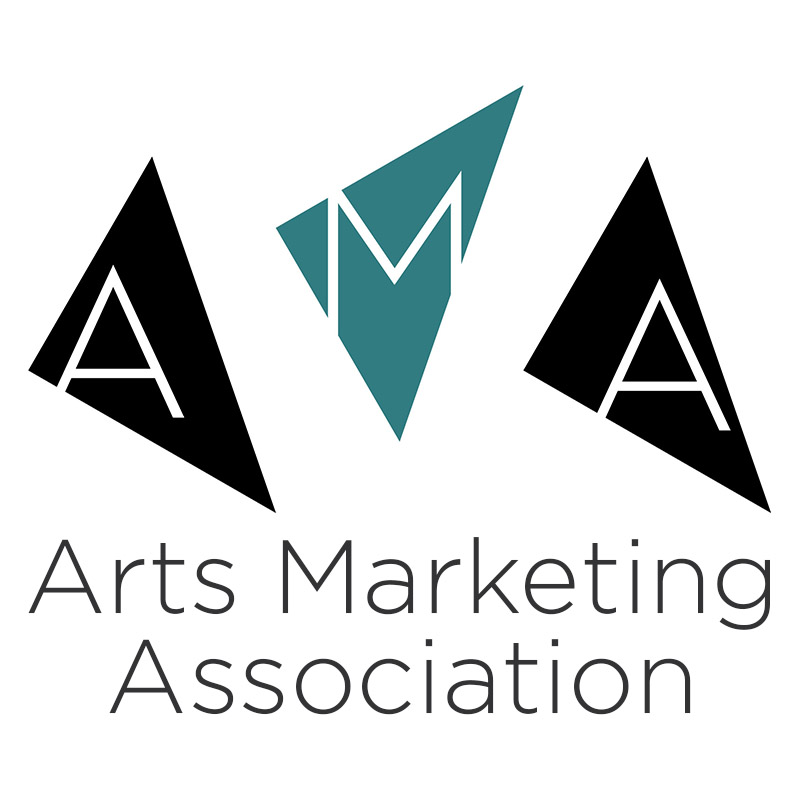
Bloomberg Connects is supporting the project and allowing the cohort to benefit from their expertise in the creation of tools and technologies designed to make culture more accessible.
Let’s Get Real is designed for any type or scale of arts and heritage organisation. Museums, galleries, performing arts organisations, heritage sites, archives, libraries and others are all welcome to join. It is for organisations who may have already started to play with AI tools, or who may just be thinking about it and are ready to find out more. Either is fine so long as they have an open approach that comes from a place of enquiry, with full buy-in from leadership to participate.
The programme is designed for pairs of participants from each organisation. We have found that two people joining is the best way to effect strategic change and ensure lasting impact for your organisation.
Ideally, one of the pair could be the digital lead or someone who has responsibility for some or all aspects of digital in the organisation, who could focus on experimenting with an AI tool. The other person could be a senior manager or leader who works in any aspect of the organisation and their focus could be the strategy and governance around AI within the organisation. Through this approach we hope to build a diverse mix of roles and viewpoints in this cohort, whilst keeping each pair rooted in digital.
The key thing needed is a willingness to question the way you work, a desire to transform the positive impact of your digital activities and approach and the remit to make change happen.
This is an eight-month programme which runs from 24 April 2025 to December 2025. The fee of £3,000 covers two people from each organisation to participate in 67+ contact hours per organisation across:
Two in-person, full-day workshops, one Thursday 24th April and one Tuesday 18th November 2025
Five participatory online workshops - 2.5 hours each
Five bespoke 50-minute mentoring sessions helping each pair of participants to scope, carry out, iterate and evaluate practical, small-scale experiments and to develop any relevant strategic approaches
Access to the Let’s Get Real online community platform Mighty Networks that underpins the programme with workshop resources, further digital resources to support self-led learning and a safe space for conversations
Building of connections between a cohort of 40 cultural professionals from 20 organisations
Building connections with subject experts from The Audience Agency, AMA and the Institute for Digital Culture as critical friends and cheerleaders, plus experts in a range of AI applications.
Regular, drop-in, online coffee hours for general queries, support requests and a chance to chat with a member of the LGR team and wider cohort
Opportunity for additional staff in the participating organisations to access and watch selected workshops and content sessions
Your case study and insights showcased in our ‘LGR 12’ report.
Through this collaborative action research, experimentation, workshops and mentoring the programme provides:
High quality professional development. The opportunity for two of your team to collaborate with and learn from a supportive, engaged community of peers with a shared sense of purpose and to develop their digital confidence, skills, literacy and understanding around AI.
Mindset development for continued self-learning and innovative practice
Tactics for effecting and embedding positive organisational change/transformation and a sustainable self-guided approach to AI
Support to reflect on your current practice, design small-scale experiments and explore ways to embed insights and new ways of working back into your organisation
Help to become effective and confident agents of change lasting long beyond the programme
Evidence and insight that helps you make strategic and practical decisions around thorny challenges such as data security, copyright, ethics and bias
The opportunity to develop strategic influence within the wider arts and heritage sector. Your organisation’s experience on the project will inform collaborative research findings to support best practice across the sector. We have trusted relationships with a broad range of cultural stakeholders in the UK and internationally. We will publish the project’s key findings in a final report to be shared and discussed with funders, policymakers, strategic sector bodies and academia.
Where relevant we can also support you to develop a more tangible outcome which, depending on your area of focus, might be one of these:
Participants are expected to attend all the workshops and mentoring sessions so please make a note of these dates and your check availability:
Workshop one: Face to face, London, Thursday 24 April - 9.30 to 5pm
Workshop two: Online, Tuesday 13 May – 4pm to 6pm
Workshop three: Online, Wednesday 28 May - 2.30 to 5pm
#1 Mentoring: w/c 2 and w/c 9 June - TBC
Workshop four: Online, Wednesday 18 June - 2.30 to 5pm
#2 mentoring: w/c 23 June, w/c 30 June - TBC
Experimentation starts - begins July and carries on until November ,
Workshop five: Online, Wednesday 10 September - 2.30 to 5pm
#3 mentoring , w/c 22 Sept and w/c 29 Sept - TBC
Workshop six: Online, Wednesday 15 October - 2.30 to 5pm
#4 mentoring: w/c 3 November - TBC
Workshop seven: Face to face, London, Tuesday 18th November - 9.30 to 5pm
#5 legacy mentoring: w/c 1 December
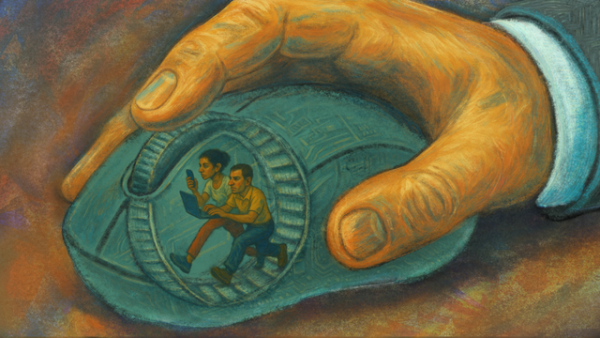
November 2025
As the twelfth LGR cohort nears its completion Jocelyn Burnham, Stephen Miller and Alec Ward reflect on learnings so far.

September 2025
Stephen Miller, our Chief Technology Officer, is a firm believer in Data4Good. Here he explains why AI offers a perfect example of why we should focus on data.
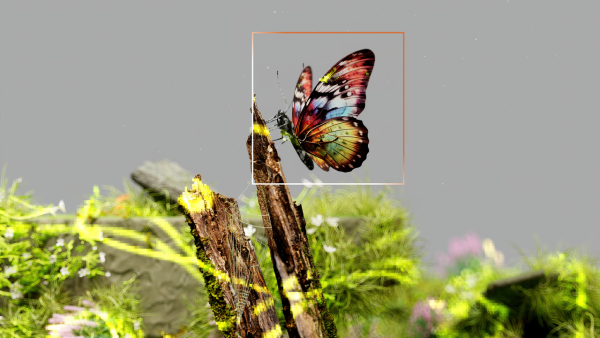
August 2025
Safeguarding Shared Data in a Decade of Trust

March 2025
Jocelyn Burnham talks about her views on AI, innovation and vulnerability.